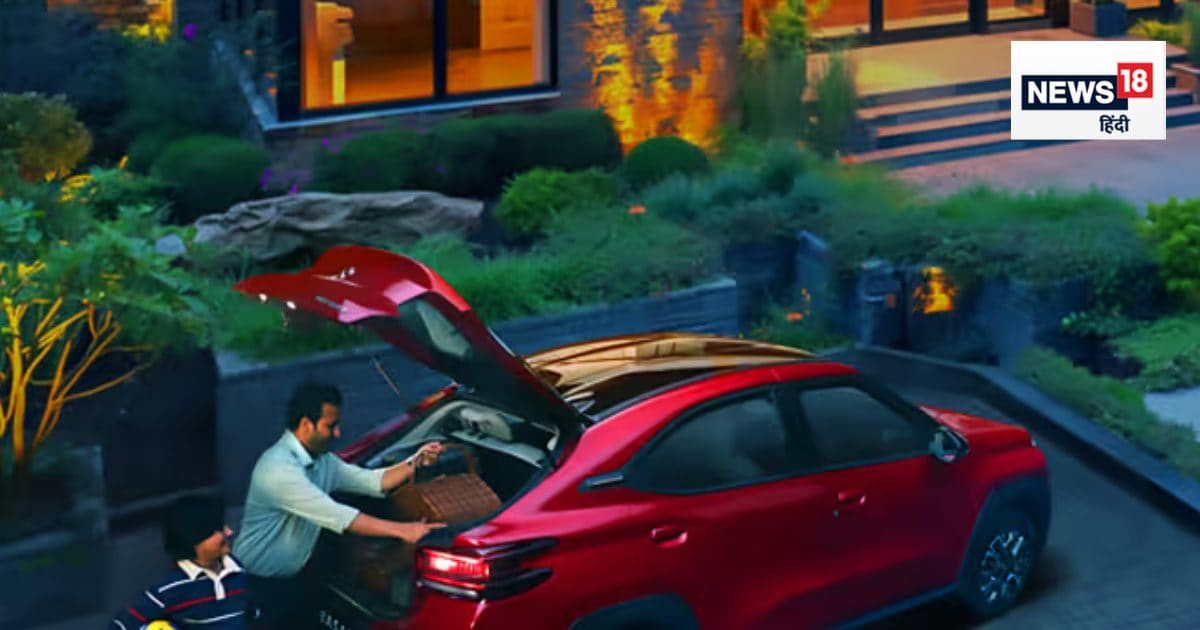New Delhi. Citroen launched its new Basalt SUV in the first week of August at a competitive price of ₹ 7.99 lakh (ex-showroom). This SUV is based on the same common modular platform as the C3 Aircross. Recently, the company conducted a crash test of this SUV, which revealed its strengths. It received a 4-star safety rating in Indian New Car Assessment Program (NCAP) crash tests.
Basalt has received a 4-star rating for both adults and children. NCAP has also released a video with the results of this test on its official website and YouTube channel. These crash tests were conducted in August, shortly after Basalt’s launch.
How was the performance?
The You and Plus variants of the naturally aspirated petrol variants as well as the Plus and Max variants of the turbo petrol variants were also included in the crash test. Basalt scored 26.19 out of 32 points in adult safety (AOP) and 35.90 out of 49 points in child safety (COP).
Better performance in side impact protection
Basalt is the first SUV in its segment to achieve full points for AOP in side impact protection. In the frontally offset deformable barrier test, the Basalt scored 10.19 out of 16 points. Adult side-impact and pole-impact tests were rated “Good,” while front-collision ratings ranged from “minor” to “satisfactory.”

Basalt demonstrated good head and neck protection in the frontally offset deformable barrier test. Interestingly, C3 and eC3, which are based on the same architecture, previously received disappointing 0-star ratings in Latin NCAP and Global NCAP.
Citroen Basalt safety features
The Citroen Basalt comes with an extensive list of safety features including six airbags, electronic stability control, ISOFIX seat mounts, hill start assist and 3-point seat belts as standard on all variants. Additionally, Basalt effectively handles front and side impacts using high-strength steel, advanced high-strength steel (AHSS) and ultra-high-strength steel (UHSS), reducing cabin intrusion.
Powertrain options
Citroen offers the Basalt with two petrol engines: a 1.2-liter naturally aspirated engine and a 1.2-liter turbo engine. The former produces 81 hp and 115 Nm of maximum torque, while the latter develops 109 hp and 190 Nm of maximum torque (205 Nm in the AT). Transmission options include a 5-speed manual for the naturally aspirated petrol engine and a 6-speed manual or 6-speed torque converter automatic for the turbo petrol engine.
Tags: car news
FIRST PUBLISHED: October 14, 2024, 3:05 PM IST




